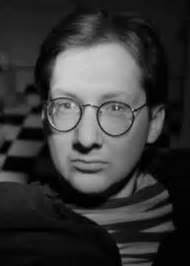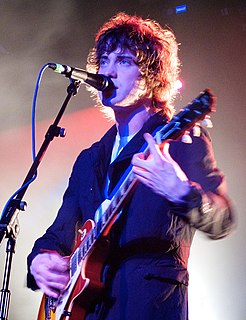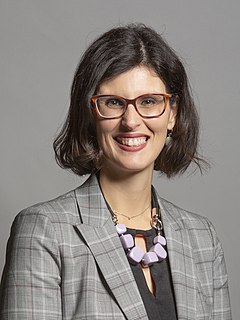A Quote by Yuval Noah Harari
I'm a historian. I really like the past. But most people seem far more interested in what you can tell them about the future.
Related Quotes
I'm not interested in details that might get someone into trouble. I'm more interested in generalities rather than the particulars, as a journalist would be. Names, dates and times don't interest me at all. I'm interested in feelings and emotions. Most people are game, once they realize that you're on the level as far as that's concerned and you're not about exposing them, then they feel quite free to talk about it. Police officers and social workers are no exception.
Once upon a time, a historian told me that the most important choice a new historian could make was of his or her specialist subject. Most of the good stuff was far too overcrowded, so you had to pick about in the exotic and extinct. His recommendations were the Picts or the Minoans, because hardly anything was known about them and you could spend a happy lifetime of speculation.
Yeah, people seem to really relate to it and feel moved by it. It's been the most positively received of all my movies so far. I don't know why. I like it just as much as I like my others, but people think this one is the best or the most interesting. I'll take it, though. I wouldn't want them to be saying my films are getting worse.
It’s a shame, sort of a waste, that most people are influenced by what the newspaper supplements tell them is the book they are meant to be seen reading this year. It seems like those people aren’t really interested in books. If you’re really into books, you havoc all over the place picking up disparate stuff which you devour hungrily, and the ‘selection’ process is more like a sixth sense hunger, a billion miles away from fashion.
Our understanding of the thought of the past is liable to be the more adequate, the less the historian is convinced of the superiority of his own point of view, or the more he is prepared to admit the possibility that he may have to learn something, not merely about the thinkers of the past, but from them.
The best way to establish rapport with people and to win them over to your side is to be truly interested in them, to listen with the intention of really learning about them. When the person feels that you are really interested in getting to know them and their feelings, they will open up to you and share their true feelings with you much more quickly.
There are loads of sociopolitical, racial, class and future-planet situations that really interest me, but I'm not really interested in making a film about them in a film that feels like reality because people view that in a different way. I like using science fiction to talk about subjects through the veneer of science fiction.
Positive emotion can be about the past, the present, or the future. The positive emotions about the future include optimism, hope, faith, and trust. Those about the present include joy, ecstasy, calm, zest, ebullience, pleasure, and (most importantly) flow; these emotions are what most people usually mean when they casually-but much too narrowly-talk about "happiness." The positive emotions about the past include satisfaction, contentment, fulfillment, pride, and serenity.







































